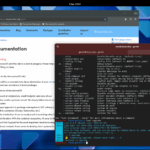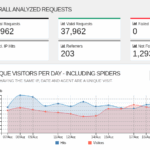MocaccinoOS (25.09)
This appears to be one of a number of up and coming immutable style distro’s that aims to move users away from lots of locally installed native applications and all the risks they carry, towards a partitioned future where all applications exist in their own contained environment.
This concept is still early-days to an extent, but this looks like an interesting start. It comes as a standard Live ISO with an option to Install, so you can take it for a spin before committing it to your hard disk. For testing purposes I managed to spin it up and whizz through the installer in a virtual machine without any major issues.
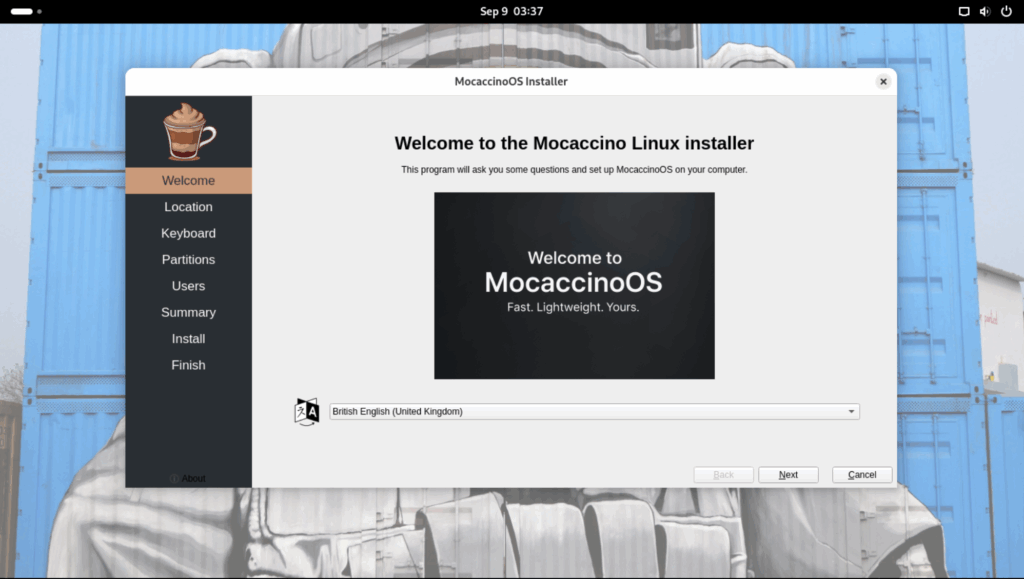
It’s a relatively standard Calamares based installer, maybe not as polished as some of the latest offerings from the likes of Ubuntu, but neatly done and very functional. It comes in a number of flavours as you’d expect, in this instance I’m experimenting with the Gnome version.
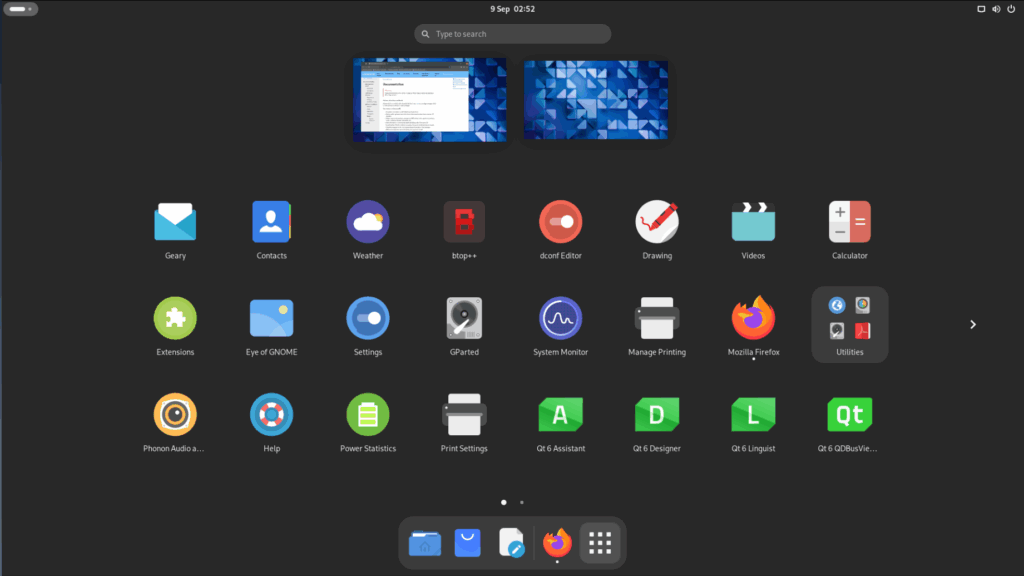
There’s nothing much to say about the desktop itself, it’s the standard vanilla Gnome offering with customisation left up to you. What is more interesting is what you find under the hood if you dig a little.
The package manager is something call Luet, which is a very different animal to the likes of apt and yum. The number of applications installed in in the base image is surprising, I found things like btop and mysql already there and other applications like Chromium and LibreOffice available from the software installer via FlatPak.
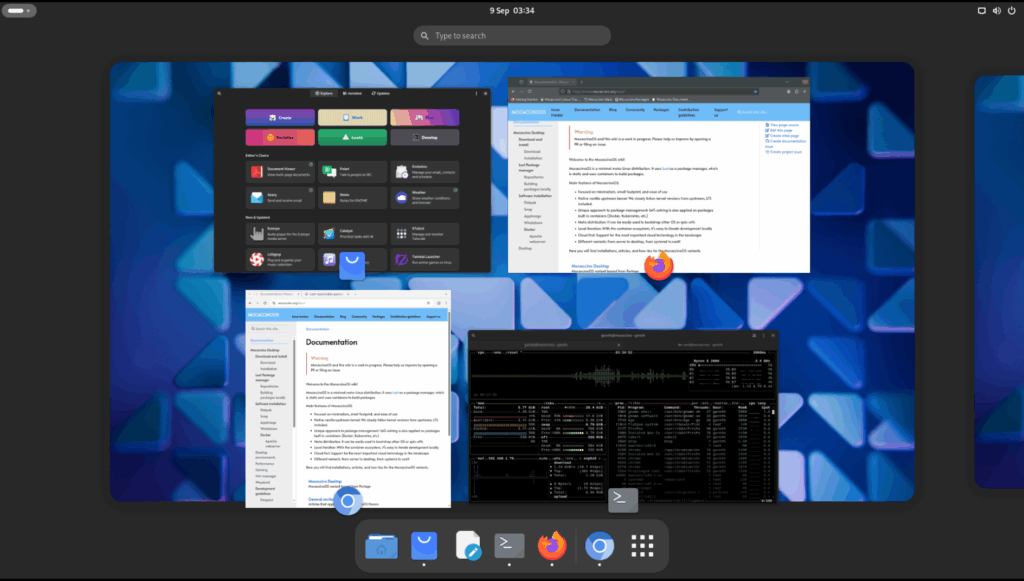
Main Features as quoted in their Documentation
- Focused on minimalism, small footprint, and ease of use
- Native vanilla upstream kernel: We closely follow kernel versions from upstream, LTS included
- Unique approach to package management: SAT-solving is also applied on packages built in containers (Docker, Kubernetes, etc.)
- Meta distribution: It can be easily used to bootstrap other OS or spin-offs
- Local iteration: With the container ecosystem, it’s easy to iterate development locally
- Cloud first: Support for the most important cloud technology in the landscape
- Different variants: From server to desktop, from systemd to runit!
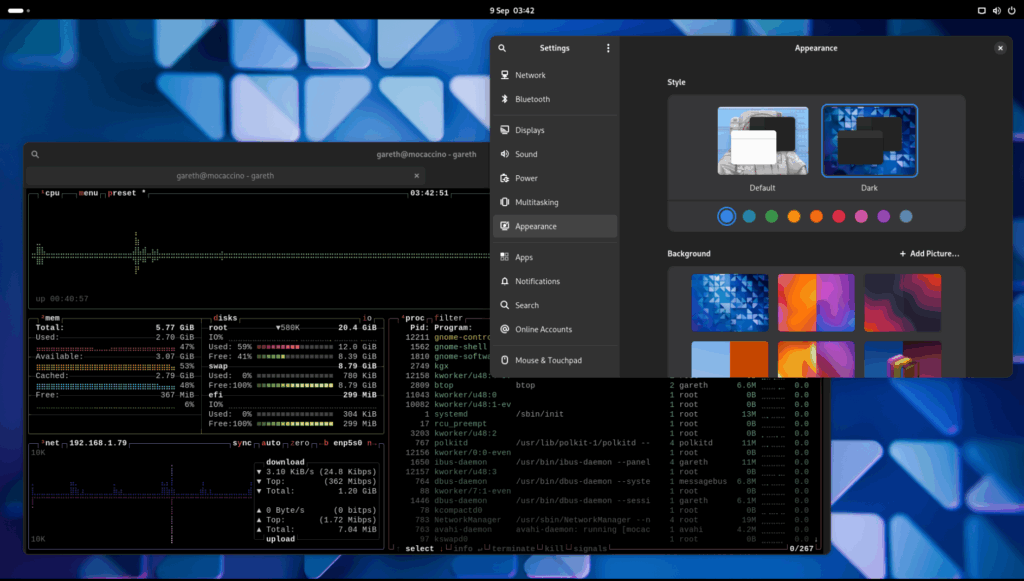
It will be interesting to see where this goes, but for now this looks like a surprisingly easy-to-use cutting edge distro that addresses a number of recent concerns over things like supply chain attacks that look like being an issue both now and in the future. Notably I’m looking at my main system which is running the latest version of Debian (Trixie) which is sporting a 6.1.0 kernel. This feels a little “old”. Mocaccino on the other hand is showing 6.12.45, which is far more recent (!)
I’ve not had chance to play with some of the more advanced development and security features facilitated by it’s immutable nature, but if you’re looking to try something new it certainly feels like a contender.
For more information;

